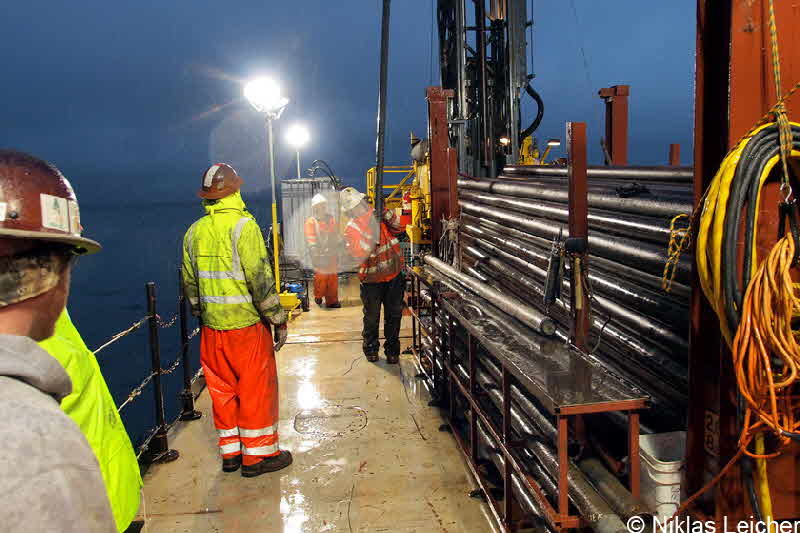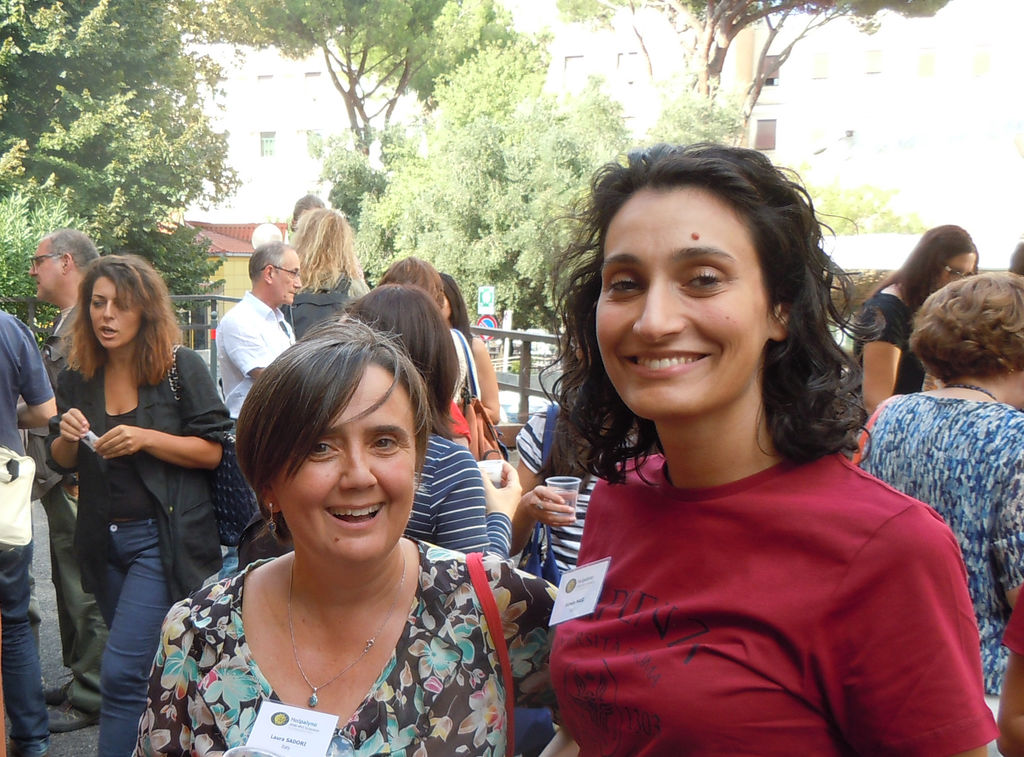
The Mediterranean Region at Danger of Drying Up: the Explanation from the Past concerns Global Climate
The SCOPSCO (Scientific COllaboration on Past Spectation Conditions in lake Ohrid) International Scientific Team has published the results of a paleo-environmental study on Europe’s oldest lake in Nature. Lake Ohrid, which is located at the border between Albania and Northern Macedonia, is well-known for its exceptional biodiversity. It hosts over 300 endemic animal and plant species.
The objective of the research was to study the climate of the Mediterranean region, an area that is becoming progressively more arid. The aridity is probably related to rainfall ensuring quality of life to over 450 million people.
In particular, the study has described past environmental changes driven by the alternance between glacial and interglacial periods. Geochemical and pollen analyses allowed the team to understand that during warmer periods with greater CO2 content in the atmosphere there was a greater seasonal contrast with very arid summers and wet autumns. Moreover, the study also revealed important relations between the Mediterranean climactic system and the African Monsoon system. The comparison between the climactic data and models developed in the article points to the intensification of storms on the Western Mediterranean, especially in the autumn. The increase in cyclogenesis is related, according to the research, to the anomalous heating up of the sea surface during the summer.
Similar effects could be caused by recent anthropic climactic warming. Indeed, in this context, research carried out in Lake Ohrid could help to solve a number of uncertainties that linger in the report of the United Nations Inter-governmental Panel on Climate Change (IPCC) and improve its future projections.
Coring performed in sediment at the bottom of Lake Ohrid – carried out thanks to one of the most successful projects of the ICDP Consortium (International Continental Scientific Drilling Program) and co-funded by national research agencies, including the National Institute for Geophysics and Volcanology (INGV) and National Research Council (CNR) in Italy - has reached a depth of 568 metres of sediments below 245 metres of water. The researchers required five years to analyse the cores and understood that the lake originated 1.36 million years ago and has existed ever since.
Team SCOPSCO, led by Prof. Bernd Wagner from the University of Cologne (Germany) and coordinated by Prof. Giovanni Zanchetta (University of Pisa) for Italy, includes Laura Sadori from the Sapienza Department of Environmental Biology ascoordinator of the Palynology Group. One of the most important results in fact provided by the fossil pollen record that was studied by an international group of palynologists. The SCOPSCO Pollen Group is the first made up of such a large number of experts working on a single archive. Besides Laura Sadori, the Sapienza team also includes Alessia Masi, Data Manager, and Gaia Sinopoli, who participated in the research project as part of the PhD Programme in Earth Sciences – Environment and Cultural Heritage.
References:
Mediterranean winter rainfall in phase with African monsoon during past 1.36 million years - Wagner, B. Vogel H., , Francke A., Friedrich T., Donders T., Lacey J., Leng M., Regattieri E., Sadori L., Wilke T., Zanchetta G.,Albrecht C., Bertini A., Combourieu-Nebout N., Cvetkoska A., Giaccio B., Grazhdani A., Hauffe T., Holtvoeth J., Sebastien Joannin S., Elena Jovanovska E., Janna Just J., Kouli K., Kousis I., Koutsodendris A., Krastel S., Leicher N., Levkov Z., Lindhorst K., Masi A., Melles M., Mercuri A.M., Nomade S., Nowaczyk N., Panagiotopoulos K., Peyron O., M. Reed J.M., Sagnotti L., Sinopoli G., Stelbrink B., Sulpizio R., Timmermann A., Tofilovska S., Torri P., Wagner-Cremer F., Wonik T., Zhang X. – Nature (2019) DOI https://doi.org/10.1038/s41586-019-1529-0
Further Information
Laura Sadori
Department of Environmental Biology, Sapienza University of Rome
laura.sadori@uniroma1.it
Alessia Masi
Department of Environmental Biology, Sapienza University of Rome
alessia.masi@uniroma1.it




